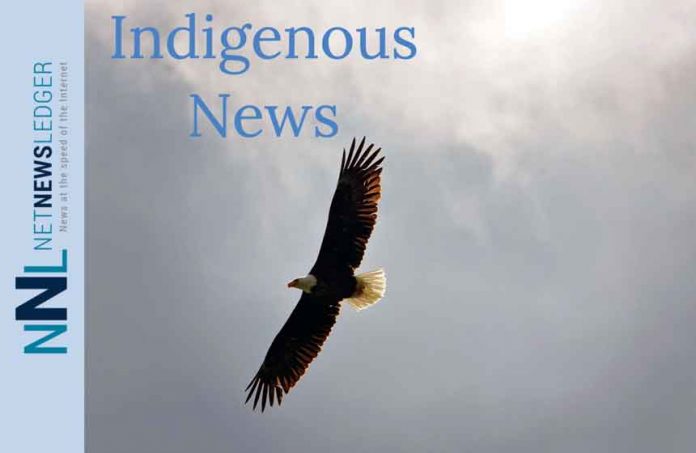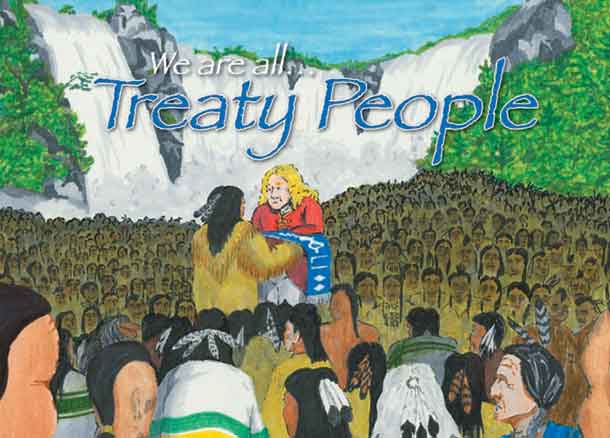Department of Crown-Indigenous Relations Announces Land Claims Settlement Reform
OTTAWA – Canada has initiated significant changes to its approach in settling First Nation land claims, as disclosed by Crown-Indigenous Relations and Northern Affairs Canada.
Potential Amendments to Indian Act and Specific Claims Tribunal Act
In addition to the transformative alterations in land claims settlement procedures, the department is contemplating potential amendments to the Indian Act and the Specific Claims Tribunal Act. However, specific details regarding these changes have not been revealed by ISC or Indigenous Crown Relations at this time.
Departure from Modern Land Surrenders
The documents from July 2022 suggest that Canada had been evaluating revisions to the language pertaining to modern land surrenders, acknowledging that some First Nations were reluctant to settle specific claims under such conditions. Specific claims involve addressing historical injustices committed against First Nations by Canada, which encompass issues related to land administration and other assets.
Introducing “Promissory Estoppel”
As an alternative to modern land surrenders, federal authorities have proposed the utilization of a “promissory estoppel” framework. According to a spokesperson from Crown-Indigenous Relations, under this approach, the First Nation agrees to waive any legal action concerning the disputed lands and further commits, in the settlement agreement, not to claim a reserve within the claim lands against Canada, the province, or third parties.
Departure from Traditional Legal Clarity
Historically, all specific claims settlements associated with improper historical land surrenders necessitated a “modern Indian Act surrender” to ensure “legal clarity and finality for Canada.” However, the documents clarify that this modern surrender is not a legal requirement or mandated under the Specific Claims Policy. Instead, it has been the preferred approach by the Government of Canada to achieve legal clarity.
Addressing Indigenous Concerns
Increasingly, First Nations have expressed objections to modern surrenders, considering them remnants of colonialist laws and policies in Canada. This insistence on modern surrenders has posed obstacles to resolving issues at negotiation tables. Changing these requirements and implementing a promissory estoppel instead of a modern land surrender would not extinguish the First Nation’s interest in the land, if applicable, and would be detailed in the settlement agreements.
Towards Reconciliation and Nation-to-Nation Relations
The federal government asserts that this approach aligns with reconciliation objectives and fosters nation-to-nation relationship building. It is characterized as a forward-looking strategy that aims to rectify historical errors without relying on colonial measures that First Nations oppose.
Commitment to Reconciliation
Prime Minister Justin Trudeau’s government has placed a significant emphasis on advancing reconciliation, including the resolution of specific claims and honoring Canada’s moral and legal obligations to First Nations. While progress has been made, some First Nations organizations continue to encounter challenges.
Funding Denials Spark Concern
The Union of B.C. Indian Chiefs expressed concern regarding specific claims funding, revealing that 98 First Nations had been denied funding for the upcoming fiscal year. Crown-Indigenous Relations confirmed receiving the letter but did not specify whether it had responded.
Calls for Increased Funding
The union’s letter also called on the federal government to boost its $12-million budget for specific claims funding, citing an existing $18-million shortfall.
Reforming the Specific Claims Process
In 2016, the federal government pledged to collaborate with the Assembly of First Nations to reform the specific claims process. Currently, Canada reviews specific claims through a policy it created and determines whether to engage in negotiations with First Nations, a process that the Assembly has often criticized as a conflict of interest.
Recent Settlements and Ongoing Claims
From April 2022 to April 2023, 56 specific claims were settled, amounting to $3.5 billion, according to the federal government. During this period, 64 claims were filed with the minister, and Canada offered to negotiate in 58 cases. Since 1973, the federal government has resolved 665 specific claims with First Nations.







